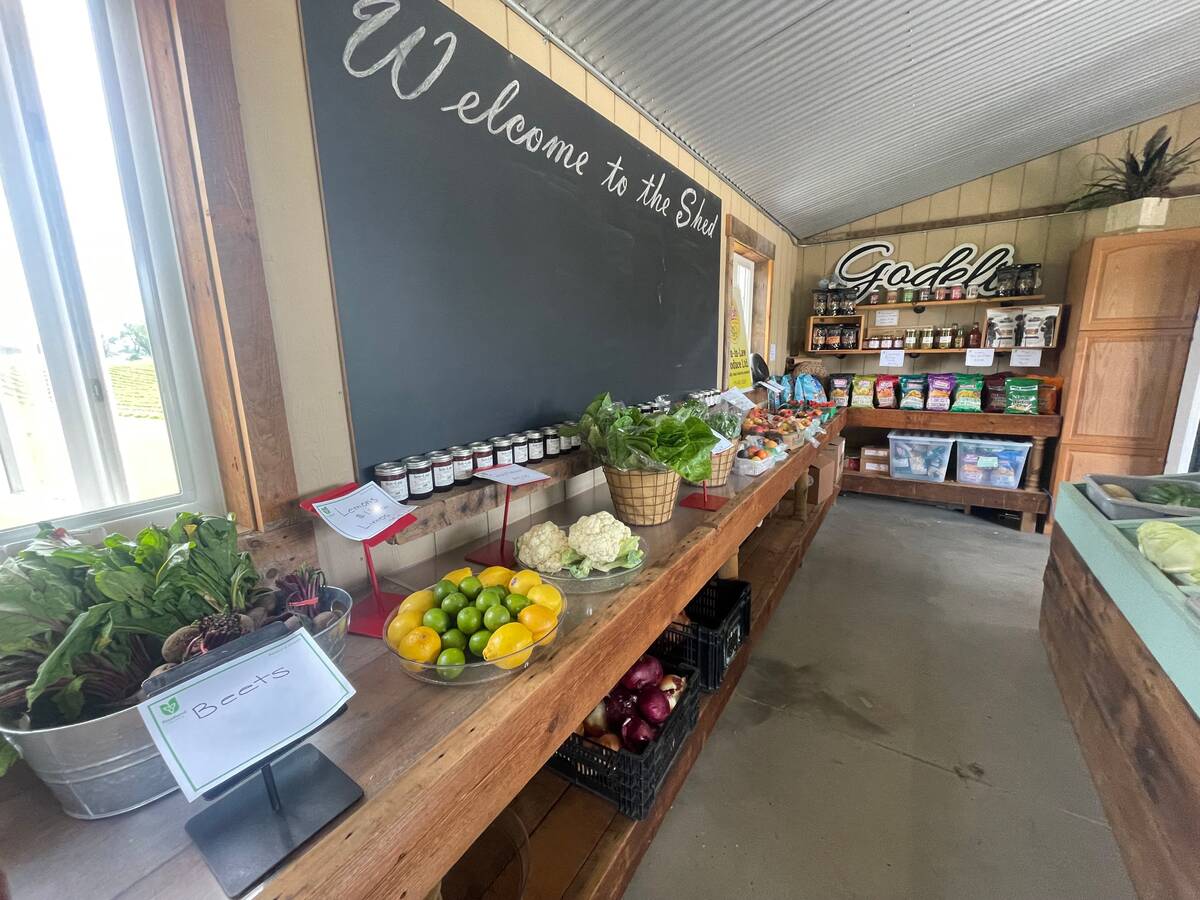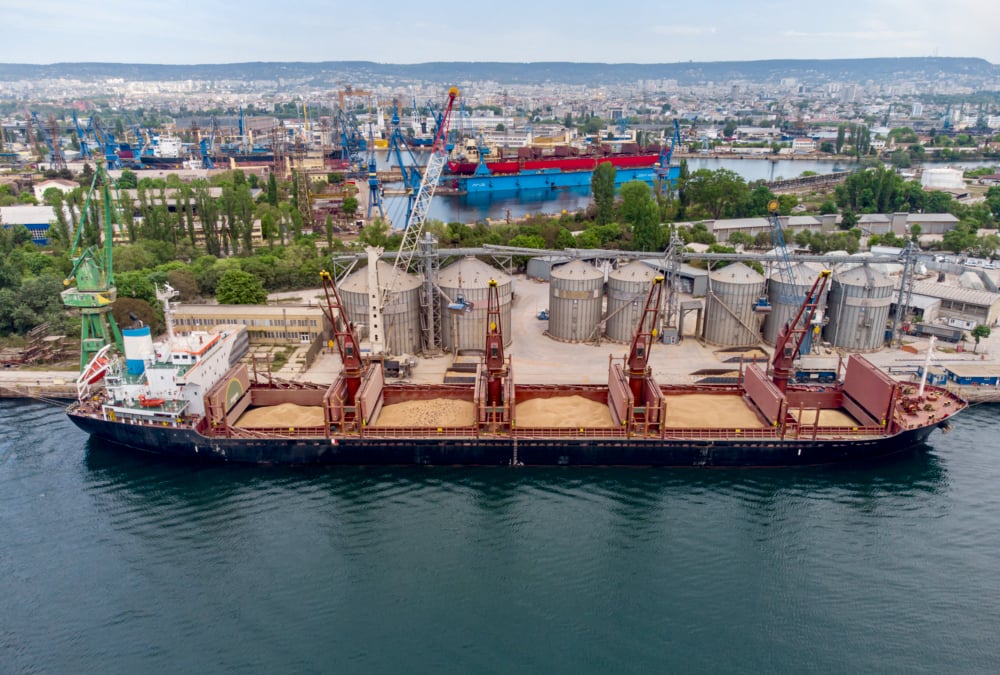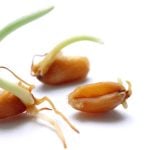As the world’s largest net importer of food, China will play a very significant role in global food security.
According to a new research report “Linking global food security with China’s food security” from the Canadian Agri-Food Policy Institute (CAPI), how the country of 1.5 billion people pursues its own food security policy will have increasingly consequential effects on global hunger, peace and food security.
Why it matters: Food shortages and famine are strong in China’s historical memory, prompting the country’s government to adopt aggressive and diverse strategies for food security.
Read Also

Ontario farms are a small business backbone but red tape delays and obstacles hinder growth
Farms are part of Ontario’s small business backbone, whether Ontario-grown livestock, grains or horticulture foods and farm products are bought on-farm, at a local market, or at the local store.
Using food as a tool in geopolitical wrangling is not a new phenomenon. Historical examples are abundant, as are recent cases. The blockade of food shipments by Ethiopian and Eritrean militaries to the former’s northern Tigray region offers a case from 2021. Another still in living memory is the Holodomor – the terror famine imposed on Ukraine by Stalinist Russia in the 1930s, which killed millions.
Not all examples are this extreme or direct in terms of cause and outcome. Export restrictions, tariffs, political and price instability and other factors all throw wrenches into what is, ideally, a stable trade environment where populations are not in high competition for commodities, says the report.
Community-to-community competition was the de facto state of affairs through much of human history. As the report describes, this appears to be the case once again.
Demand for foodstuffs and particularly proteins is on the rise, says report author Ted Bilyea, a CAPI Distinguished Fellow. Even prior to the war in Ukraine, however, the world was unable to build stocks and increase the global stock-use ratio of cereals.
Simultaneously, agricultural productivity growth on a global scale has lagged. Weather extremes have become more frequent. Soil and water loss or contamination, and other environmental challenges, have increased. Add price crunches in energy, fertilizer and general cost of living, as well as geopolitical disruptions – the 2022 Russian invasion of Ukraine being just one, albeit major instance – and it’s clear more tumultuous days lie ahead.
“These and other factors have revealed gaps in global food security, and food is increasingly an element of geopolitics. In many ways, this environment has pushed the world back toward national rivalries and great power politics, and away from the multilateral rules-based interaction, especially on trade, that served as protection for small/medium-sized trading economies such as Canada,” Bilyea writes.
He says the pandemic and the war in Ukraine “have badly disrupted global food shipments. The number of people facing acute food insecurity has soared from 135 million to 345 million since 2019, and 50 million people in 45 countries are approaching famine, while food affordability is a growing crisis in Canada.”
The severity of food and food supply shortages is not chiselled in stone, however. This is where China comes in.
China’s enormous population and growing demand for food, historical memory of food scarcity and famine and lack of domestic capacity have spurred its government to adopt an aggressive food security strategy.
Already holding over 50 per cent of the world’s wheat stocks and 70 per cent of corn stocks, the country has been increasingly diversifying the sources from which it imports food. This involves looking away from western countries to what the report calls “suboptimal agricultural areas,” where more negative environmental impacts are likely to occur due to lower investment in sustainable intensification.
This diversification of agri-food imports from non-western countries presents additional challenges, such as the accuracy of land use data, compromised soil and water and vulnerability to animal and plant disease outbreaks, including zoonotic diseases.
Under the right conditions, Canada and other net food exporters are prepared to enhance food security for China, and indeed, the rest of the world. But as the report details, net food exporters and the global agri-food system more generally, cannot readily respond to food crises when geopolitical and geoeconomic barriers disrupt the growth of a sustainable food supply.
How sustainably-produced China’s food imports are, by consequence, will reverberate across the globe.
“It is a considerable accomplishment when China can be fairly self-sufficient in many of its key staples from its domestic production. But when and where it cannot, the global markets cannot supply China without drastically shorting other net importers – unless the sustainable net exporters can confidently and securely invest to regularly supply China,” the report says.
“It would seem in China’s best interest to take a proactive role in the development of sustainable international trade – to guarantee their own food security, the security of their import suppliers, as well as the food security of other countries in a peaceful world.”













